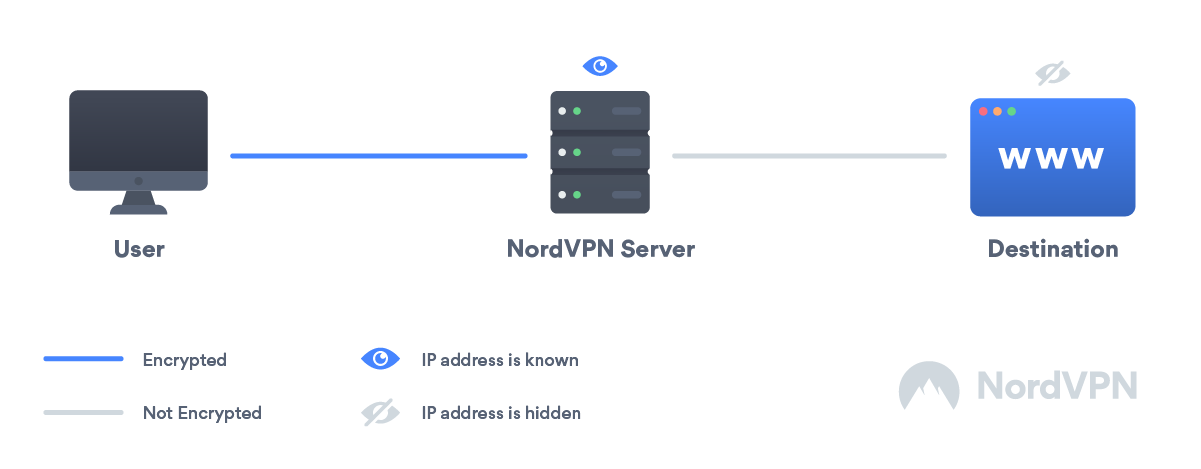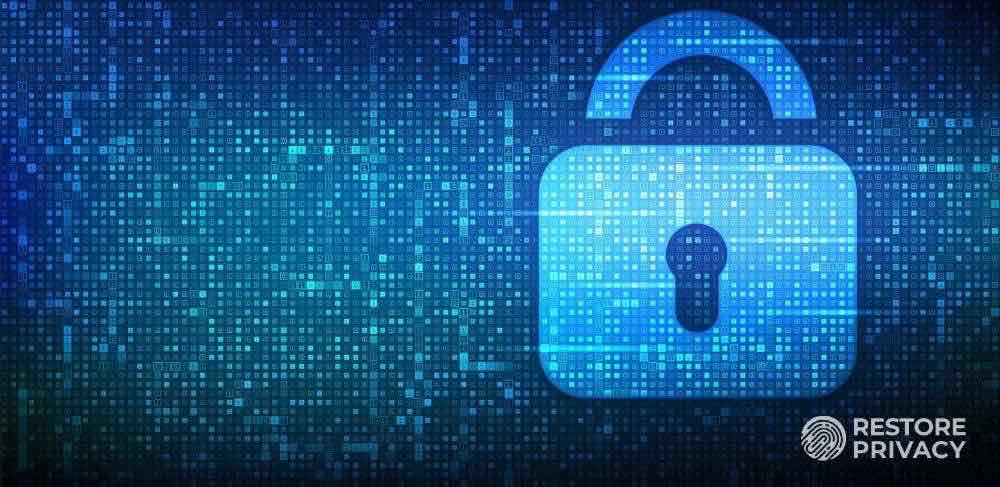

It’s doubly important to never input any personal information on a website that lacks security certificates.Ī proxy is essentially a midway point between a user and the websites they browse. Compared to http addresses, they offer security certificates that hide your data from potential observers. If you’re observing a purely informational website that only consists of text or images, that may be fine, but if you want to fully protect your privacy, it’s essential that you only visit websites that use a protected https address. While encryption and proxy servers can protect your data during transmission, it will always arrive unencrypted to the website you visit. Another important means of data protection is encryption, which scrambles the information so observers cannot read it. As a result, using a proxy leaves you effectively anonymous. In this case, your data still exists and is observable, but it’s impossible to attach it to a specific IP address. They do this by several mechanisms, such as creating gateway points between your device and the websites you access. Proxies, Tor, and VPNs all work to conceal your data while it passes between your device and its destination. Finally, your data is only as secure as the website that represents its internet destination. Your internet service provider can record your search history itself, and any third party can track it during transit via traffic analysis.

An internet-connected device has several points where third parties can access the data. Data transmits from your IP address to websites and back from websites to your IP address. This is a digital address that each device uses to interact with the internet. There are a few key terms to understand when it comes to online privacy.
What is vpn tor software#
In either case, you can use data protection software - a VPN, to be precise - to secure your information. These individuals may find it inadvisable or even impossible to access business-related information from a cafe or airport. Business travel remains a necessity for many, though. That’s more true than ever in 2020, as the COVID-19 pandemic has dramatically accelerated trends toward remote working.

In recent years, most businesses have tightly interwoven their day-to-day operations with the internet. In either case, they can compromise your passwords, contact information, and credit cards.ĭata protection is also something that many organizations incorporate. In reality, someone may be using this connection to trap unwitting individuals and monitor their traffic. What’s even more dangerous is the risk of accessing a fraudulent router with a name that makes it appear to be a reputable public router. For one thing, another person may check into the same Wi-Fi network and attempt to infect your laptop with a virus. However, there are several security holes in any public router. While outside the home or waiting at the airport, you’ll often rely on public Wi-Fi.


 0 kommentar(er)
0 kommentar(er)
